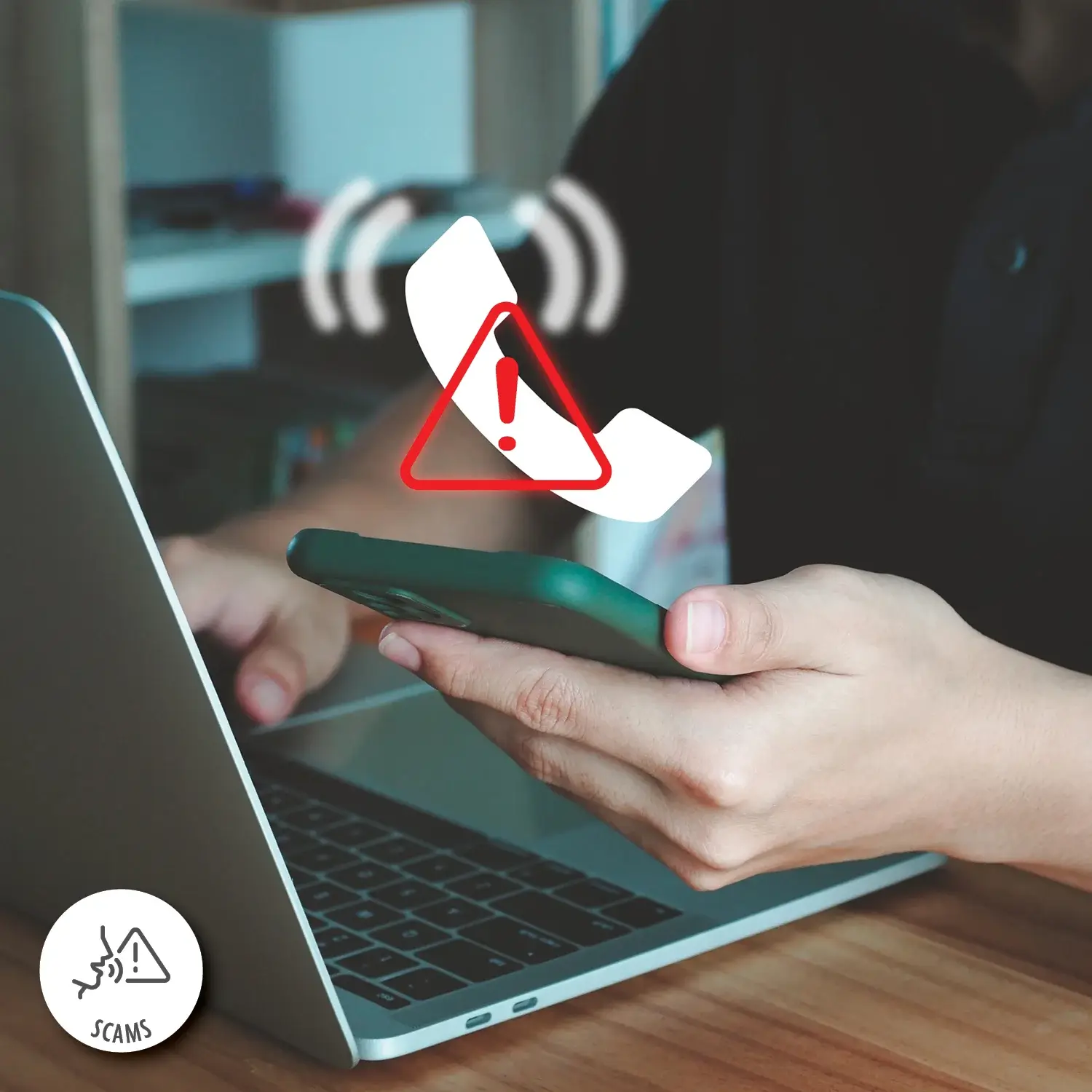Here are some signs you might be working with the wrong person:
He “just happens” to be in the area …
Contractors don’t go door-to-door drumming up business, and one of the most common ways scammers make contact with their victims is by simply knocking on their door, explaining that they were in the neighborhood, and offering to take care of a job they noticed a need for. They might claim to have leftover materials or they noticed some missing shingles on your roof when working on your neighbor’s house, and now they have a great deal to offer you. By the time you realize you’re not missing any shingles, the scammers will have cashed the check you gave them to buy some extra materials. Watch out for the red flags of home improvement scams.
He needs you to pay today …
Scammers may claim they want to make some money on the side and if the boss sees leftover materials, then they can’t use them. Don’t let your fear of losing out on a bargain get you into trouble.
If your neighborhood recently had the kind of natural disaster that makes it hard to get an appointment with a contractor, it’s even more likely the person you’re talking to is a scammer. Government agencies refer to these people as “Storm Chasers” because they like to prey on the victims of natural disasters, often crossing the country to do so. The National Consumer Law Center reported that complaints of contractor fraud vaulted from 150 cases in Louisiana the year before Hurricane Katrina to 6,000 cases during the following two years.
You have to pay upfront …
Scammers might claim they need to charge you for materials upfront or they need a hefty deposit to get started. Don’t fall for it. Professional contractors have enough credit to buy materials and usually have accounts at local hardware stores to make billing easier. If the person you’re talking to doesn’t have good enough credit to buy materials, they’re probably not good enough at home repair to be worth your money. More than 60% of the Katrina-related victims of home repair scams said they paid upfront, according to an LSU study, because the lack of skilled contractors in the city made homeowners anxious to get their projects done.
He’s hard to reach …
Many of those who were robbed by home improvement scammers reported it was difficult or impossible to get in touch with their scammer after the initial visit. In many cases, the scammers told homeowners a sad story to explain their lack of cell phones or business cards, taking advantage of homeowners’ sympathy in order to not provide contact information.
In this day and age, there is no reason for a person you trust to not have a cellphone, business card, or a profile on social media sites like Angie’s List, Facebook or Twitter. If they do have a social media presence or business card, check it out before you pay. Make sure their account has been active for more than a few months and that there are other ways to contact anyone working on your house. If they can’t provide any of that, how about a reference from one of your neighbors? There are lots of ways to verify someone’s identity, and with each excuse or objection, it seems more likely the person you are talking to has criminal intentions.
What to do if you think you have been scammed
If you think you might have been the victim of a home improvement scam, let Focus Federal Credit Union know immediately. Call, click, or stop by to report fraud. If we find out quickly enough, we may be able to stop the check before the scammers can cash it.
We’re here to protect your money.





